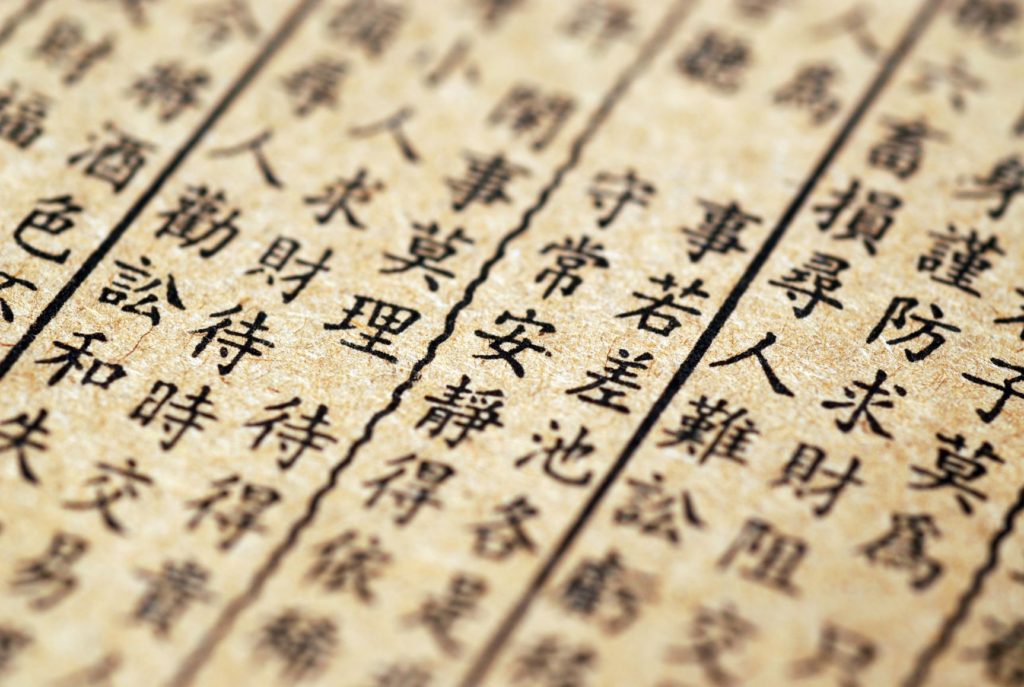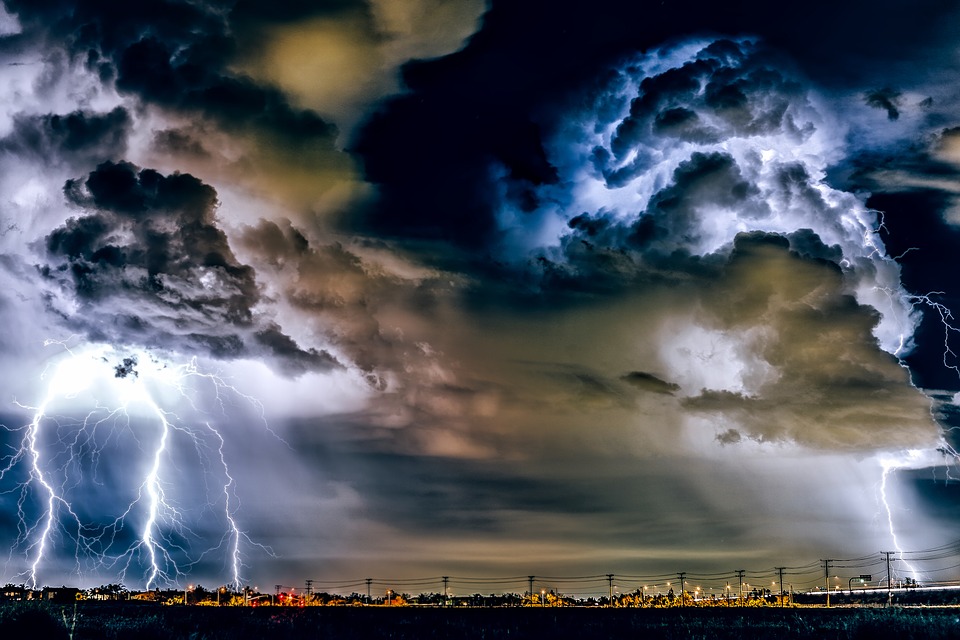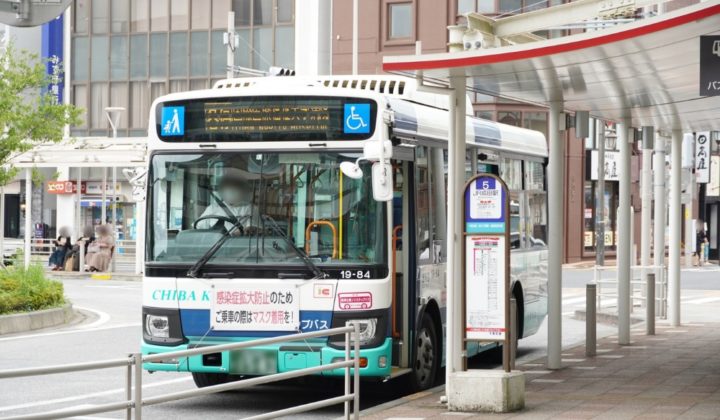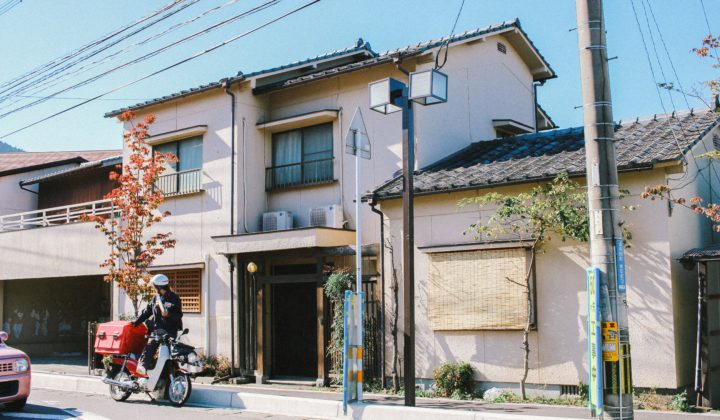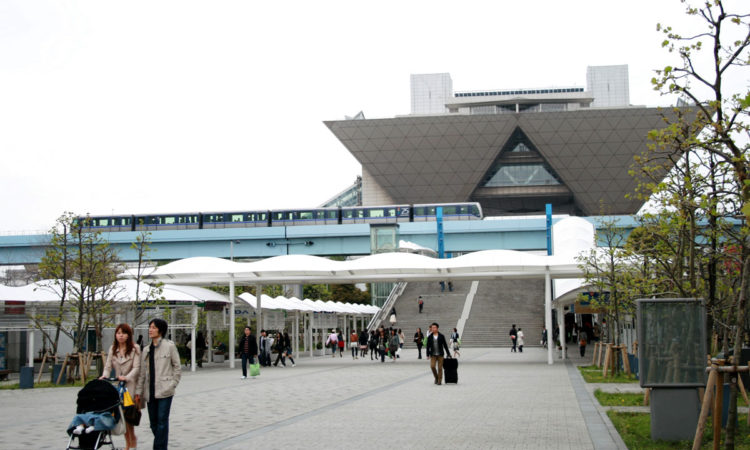While you are or were living in Japan, when you were talking with your Japanese friends or even just overhearing and you hear certain sound/words like がみがみ (Gami-gami) or ばたばた (Bata-bata). Even if you have not lived in Japan, I am sure if you have watched any anime or Japanese movies/TV shows, you also would have heard these expressions. This sounds and or words are the Japanese onomatopoeia. Well, since I am sure you probably have being wondering what this sounds are or you might just be curious about this Japanese onomatopoeia.
This article will shed some light on the major Japanese Onomatopoeia and hopefully help you better understand the concept better. In addition, you can use it to make it much easier speaking with Japanese people. Let’s learn famous and familiar Japanese Onomatopoeia!
1. Master Japanese onomatopoeia with our dictionary!
If you think about the Japanese language, many people say it’s quite complicated compared to English or most other languages; this is mostly due to the fact that Japanese has not only one reading and writing style but several ways of doing so, such as Hiragana (Japanese cursive syllabary) Katakana or Kanji (Chinese character).
Even though there are mainly 3 ways to write and express in Japanese (which is already complicated in its own way); for those trying to then learn the onomatopoeia, this can make it daunting and almost feel impossible.
But, don’t worry. You can understand Japanese Onomatopoeia simple and easy with this guideline and maybe a dictionary or two. Once you learn them, I can assure you this can make it easier to speak with your Japanese friends and/or neighbors.
Let’s look at the major and famous Japanese Onomatopoeia.
2. Classification of Japanese Onomatopoeia
When you classify the Japanese Onomatopoeia, it can be roughly divided into 5 types:
1. Giseigo
Giseigo is the expression or sounds that comes from animals, birds or people such as the sound of a dog’s barking, and sound of a cat’s crying, etc.
2. Giongo
Giongo is the expression or sound that comes from nature or things such as objects like the sound of rain, and the sound of broken glass, etc.
3. Gitaigo
Gitaigo is the expression for a situation involving inanimate objects such as stars that are twinkling in the sky, and the floor being slippery due to the wax, etc.
4. Giyougo
Giyougo is the expression for the situation involving living things such as a stranger that is walking on the street just wandering about and the sound of children running noisily, etc.
5. Gijougo
Gijougo is the expression for people trying to express peoples’ situation or peoples’ feelings such in a situation that a guy is spoony to his girlfriend or in the situation when people get irritated.
Now for some detailed examples based on each classified Japanese Onomatopoeia.
3. Examples of Giseigo
Let’s see some examples of “Giseigo”
1. Giseigo – the sound of barking dogs
Japanese people use the expression “wan-wan” for the sound of barking dogs like “woof -woof” or “bow-wow”
2. Giseigo – the sound of crying cats
Japanese people use the expression “nyaa-nyaa” for the sound of crying cats like “meow-meow”
3. Giseigo – the sound of crying roosters
Japanese people express “kokekokkoo” for the sound of crying roosters like “cock-a-doodle-doo”
4. Giseigo – the sound of crying babies
“Ogyaa-ogyaa” for the sounds of crying babies like “mewl-mewl”
5. Giseigo – the sound of squeaking mouse
”Chew-chew” for the sound of squeaking mouse like “cheep-cheep”
6. Giseigo – the sound of crying pigs
“Boo-boo” is used for the sound of crying pigs like “oink-oink”
7. Giseigo – the sound of jabbering people
Japanese people use the expression “pecha-kucha” for the sound of jabbering people like “jibber-jabber“
8. Giseigo – the sound of laughing heartily people
“Gera-gera” is used for the sound of heartily laughing people like “guffaw”
9. Giseigo – the sound of crying chicks
Japanese people use the expression “piyo-piyo” for the sound of crying chicks like “peep-peep”
10. Giseigo – the sound of crying crows
And “kaa-kaa” for the sound of crying crows like “caw-caw”
4. Examples of Giongo
Here are some examples for “Giongo”
1. Giongo – the sound of heavy rains
“Zaa-zaa” for the sound of heavy rain like “torrential rain”
2. Giongo – the sound of drizzling rains
“Shito-shito” for the sound of drizzling rain like “raining gently”
3. Giongo – the sound of thundering in the sky
“goro-goro” for the sound of thundering in the sky like “thunder rolls”
4. Giongo – the sound of broken glass
“Gachaan” for the sound of broken glass or plates like “crashing”
5. Giongo – the sound of clocks
“Katchi-kotchi” for the sound of clocks like “tick-tock”
6. Giongo – the sound of squeak noise
“Mishi-mishi” for the sound of squeaking noise like “creaking sound of wind”
7. Giongo – the sound of ringing the bell
“Chirin-chirin” for the sound of the ringing of bell like “jingle-tinkle”
8. Giongo – the sound of ringing the bells (temple) on New Year’s Eve
“Goon-goon” for the sound of ringing the bells of the temple like “ding-dong”
9. Giongo – the sound of cutting papers by scissors
“Choki-choki” for the sound of cutting papers with scissors like “snip-snip”
10. Giongo – the sound of knocking the doors
“Kon-kon” for the sound of knocking the doors like “knock-knock”
5. Examples of Gitaigo
Some examples of “Gitaigo”
1. Gitaigo – the sound of the situation when you sparkling stars in the sky
“kira-kira” for “twinkle-twinkle little star”
2. Gitaigo – the sound of the situation when the floor is slippery due to the wax
“tsuru-tsuru” for “slippery”
3. Gitaigo – the sound that is made in the situation of a messy desk
“gucha-gucha” for the sound made in the situation when there is a messy desk that is full of documents without being organized. You can also use this sound for a messy room as well.
4. Gitaigo – the sound made in reaction to when the sun shines strongly
“gira-gira” for “dazzling sunshine”
5. Gitaigo – the sound made in the situation when there is messy hair
“bosa-bosa” for “ruffled hair”
6. Gitaigo – the sound made in the situation when big rocks are seen
“dooon” for the sound that is made in the situation when they see a big rock or statue is standing in front of them like “barriers facing me”
7. Gitaigo – the sound made in the situation when something is very sticky
“beta-beta” for “sticky” or “greasy”
8. Gitaigo – the sound made in the situation that something looks smooth
“sara-sara” when something feels rustle and smooth.
9. Gitaigo – the sound made in the situation that some books have become wet
“hena-hena” or “yore-yore” for the sound in a situation that books or documents get wet by water or liquid and get waved shape like “crumped” or “wrinkled”
10. Gitaigo – the sound made in the situation that something looks glossy
“teka-teka” for “gleaming by using too much skin cream”
6. Examples of Giyougo
Now for some examples of “Giyougo”
1. Giyougo – the sound made in the situation of a stranger that is wandering around the street
Japanese people express “uro-uro” for the sound made in the situation that the stranger is walking around the street like “dubious person”
2. Giyougo – the sound of kids running
Japanese people express “bata-bata” for the sounds of the situation that kids are running around like “ running noisily”
3. Giyougo – the sound made in the situation of being dizzy
Japanese people express “fura-fura” for being dizzy due to sickness like “feel groggy”
4. Giyougo – the sound made in situation when stopping by somebody’s house unexpectedly
Japanese people express “furali” for the situation that is to drop by without any appointment like “drop in”
5. Giyougo – the sound made in the situation of walking slowly
Japanese people express “noro-noro” for the sound in the situation that people walk slowly by, lazily like “trailed”
6. Giyougo – the sound made in the situation with cleaning up the room quickly
Japanese people express “teki-paki” or “kibi-kibi” for the sound in the situation that people clean up the room quickly like “not wasting any time but efficiently”
7. Giyougo – the sound made in the situation that people are standing dully
Japanese people express “bonyari” for the sounds in the situation that people are standing with a blank expression on the face like “day-dreaming”
8. Giyougo – the sound made in situation that people are working slowly
Japanese people express “guzu-guzu” for the sound in the situation that people are working slowly like “tardily”
9. Giyougo – the sound of the situation that people are walking sadly
Japanese people express “tobo-tobo” for the sound in the situation that people are walking on the street sadly like “full of tradegy”
10. Giyougo – the sound made in the situation that people are working hard
Japanese people express “kotsu-kotsu” for the sound in the situation that people are working very hard like “work diligently”
7. Examples of Gijougo
Finally, let’s look at some examples of “Gijougo”
1. Gijougo – the sound in the situation when people get irritated
“ira-ira” for the sound in the of the situation when people get irritated or frustration like “tick me off”
2. Gijougo – the sound in the situation when someone get spoony on somebody
Japanese people express “uttori” for the sounds of the situation when people fell in love and fascinated like “melted”
3. Gijougo – the sound in the situation when people get surprised
“dokit” for the sound in the the situation when people get surprised with unexpected situation like “oh” or “whoa”
4. Gijougo – the sound in the situation when people get excited
Japanese people express “waku-waku” for the sound in the situation when people get excited like “thrilled”
5. Gijougo – the sound in the situation when people get warm up
“nuku-nuku” for the sound in the situation when people get warm from being cold like “nice and warm”
6. Gijougo – the sound in the situation when people feel sad that a close friend or some close friends moved to another country
Japanese people express “shinmiri” for the sound in the situation when people feel sad and need to say good-bye to someone close friend like “melancholy”
7. Gijougo – the sound in the situation when people feel prickly from the fabric of a sweater
“chiku-chiku” for the sound in the situation when people feel prickle and itchy due to a sweater like “tingling”
8. Gijougo – the sound in the situation when people get shocked from bad news
Japanese people express “gaaan” for sound in the situation when people get extremely shocked from the unexpected bad news like “bummer”
9. Gijougo – the sound in the situation when people get mad
“puri-puri” or “pun-pun” for the sound in the of the situation when people get mad like “angrily”
10. Gijougo – the sound in the situation when people have stomach ache
Japanese people express “kiri-kiri” for the sound in the situation when people have stomach ache like “stabbing pain”
8. Did you learn from our dictionary ? Japanese onomatopoeia is fun to learn!
Whew! That was definitely a lot! If you have made it this far, congrats to you!
I would suggest, if you are serious about learning these onomatopoeia, that you use this small (or long) guide to help you in your studies.
What do you think about the Japanese Onomatopoeia? Many of you may be surprised to know that there are so many ways to express things in Japanese but these will all help you to speak with your Japanese friends.
Let me know what your thoughts are on Japanese onomatopoeia in the comments.
YAE
Japan
Don’t forget to read more tips how to successfully learn Japanese faster. Read more:


